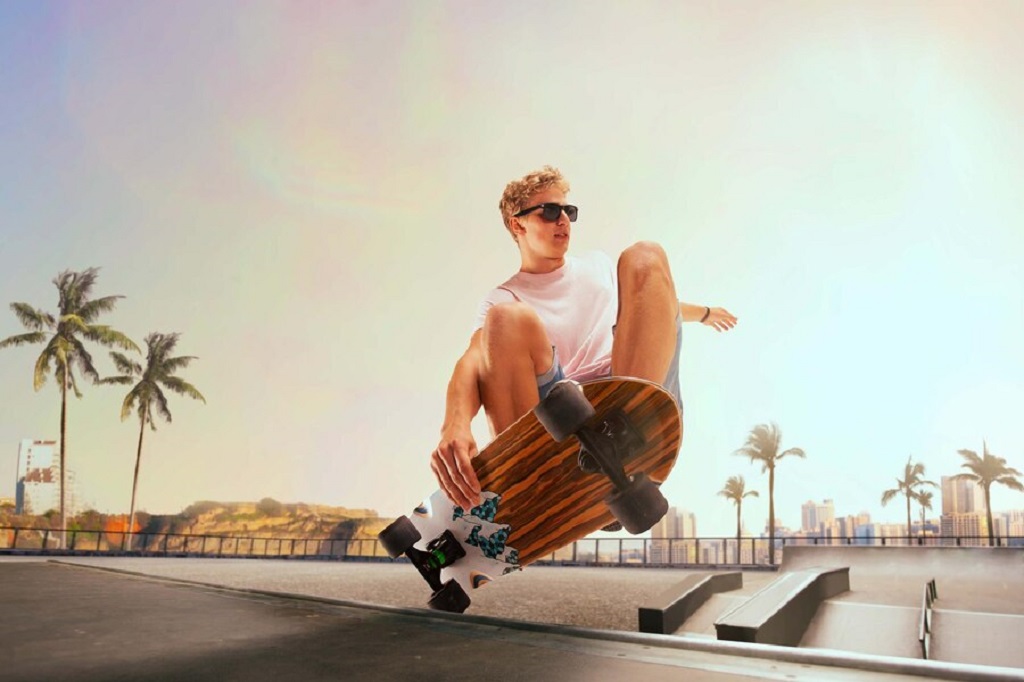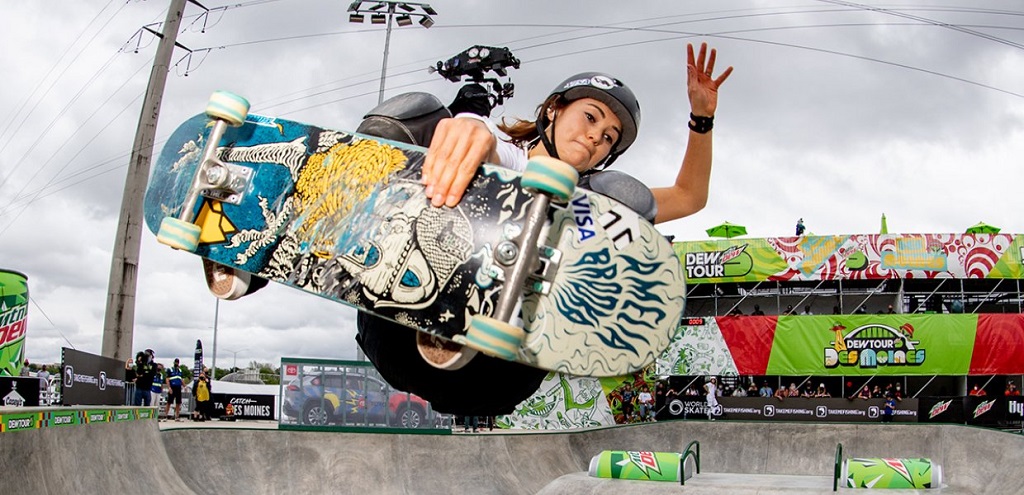Skateboarding is not just a sport; it’s a lifestyle. Whether you’re a beginner or have been riding for years, there’s always room for improvement. Becoming a better skateboarder requires dedication, practice, and a thirst for learning. In this article, we’ll delve into the steps and tips to help you level up your skateboarding game.
Practice Regularly
To improve in skateboarding, consistent practice is crucial. Spending more time on the skateboard will increase the tall skateboarders comfort level. It’s recommended to allocate at least 30 minutes a day for practice, whether cruising or working on tricks. Regular practice is essential for progress.
Learn the Basics
Before you dive into performing impressive tricks, it’s essential to master the basics of skateboarding. Start with the fundamentals like pushing, balancing, and turning. Utilize the abundance of resources available online, in books, or at your local library to understand these fundamental skills thoroughly.
Find the Right Practice Spot
To become a better skateboarder, you need the right environment. Skateparks are ideal as they offer a variety of terrain and obstacles to challenge yourself. However, if a skatepark isn’t accessible, empty parking lots and smooth sidewalks can also serve as suitable practice grounds.
Start with Simple Tricks
Once you’ve grasped the basics, you can start exploring simple tricks. The ollie and kickflip are excellent starting points. Online tutorials and skate magazines are valuable resources for learning these tricks step by step. Remember, practice makes perfect.
Embrace the Falls
In skateboarding, falling is part of the learning process. Don’t let it discourage you. Instead, embrace it as a valuable lesson. Wearing protective gear, such as a helmet, knee pads, and elbow pads, can reduce the risk of injuries and give you the confidence to push your limits.
Enjoy the Journey
Above all, remember to have fun. Skateboarding isn’t just about mastering tricks; it’s about enjoying the ride. It’s a fantastic way to get exercise, socialize with friends, and explore your creative side. Don’t be too hard on yourself; progress takes time.
Additional Tips
1. Watch and Learn
Observing other skateboarders can be a game-changer. Watch their techniques closely and try to replicate them. Sometimes, learning from experienced skaters can teach you more than any tutorial.
2. Seek Feedback
As you progress, seek feedback from fellow skaters. They can spot areas where you can improve and provide valuable insights. Constructive criticism is a stepping stone to growth.
3. Challenge Yourself
Once you feel comfortable with the basics, it’s time to challenge yourself. Try more advanced tricks and experiment with different terrains. Pushing your boundaries is the fastest way to progress.
4. Stay Persistent
Skateboarding is a journey of ups and downs. It takes time to master, and you may face frustrations along the way. However, the key is to stay persistent and never give up. With determination, you can achieve your goals.
Conclusion
Becoming a better skateboarder is a rewarding journey that requires dedication and passion. Remember to practice regularly, master the basics, and embrace the falls as valuable lessons. Enjoy the process, seek inspiration from fellow skaters, and never give up. Ultimately, the most important aspect of skateboarding is to have fun and savor every moment on your board.
FAQs
- How long does it take to become a skilled skateboarder?
Becoming a skilled skateboarder varies from person to person. It can take several months to a few years of consistent practice to master advanced tricks.
- What protective gear is essential for skateboarding?
Essential protective gear includes a helmet, knee pads, elbow pads, and wrist guards. These items can help prevent injuries while skateboarding.
- Are there age restrictions for learning skateboarding?
Skateboarding is suitable for individuals of all ages. It’s never too late to start learning and enjoying the sport.
- Can I learn skateboarding on my own, or should I take lessons?
While you can learn the basics on your own, taking lessons from experienced instructors can accelerate your progress and ensure you develop proper techniques.
- Are there different styles of skateboarding, and how do I choose one?
Yes, there are various styles of skateboarding, such as street, vert, and freestyle. To choose one, try different styles and see which one resonates with your preferences and skills.



